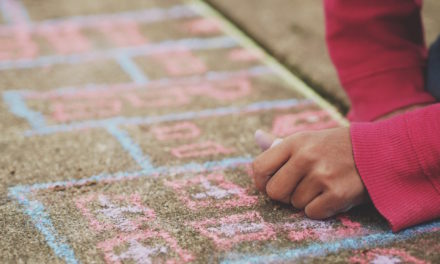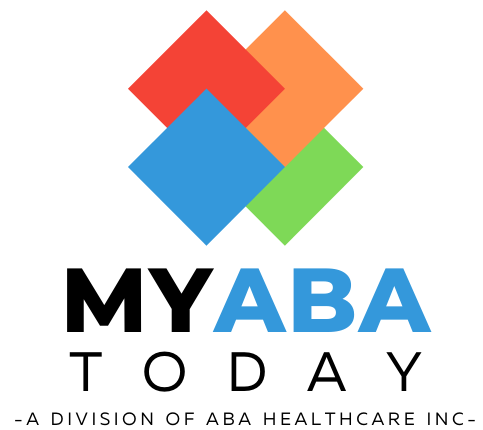As a parent, you want the best for your child. And when it comes to their education, that could mean finding, or becoming a teacher who can inspire, motivate, and challenge them to reach their full potential. But what exactly makes a great teacher?
While there’s no single answer to that question, there are certain characteristics of effective teaching that can help you identify the kind of educator your child needs. In this blog post, we’ll explore some of these attributes and offer tips for how you can support your child’s learning at home and in school.
Create a Positive Classroom Culture
Effective teachers can create a classroom environment that is safe, inclusive, and supportive. They set clear expectations for behavior and work to build relationships with their students.
The best teachers also create opportunities for students to work together and learn from one another. If you’re able to foster a positive learning environment, you can help your child feel more engaged in their work and, therefore, more motivated to succeed.
Use a Variety of Teaching Strategies
Effective teachers don’t rely on a one-size-fits-all approach to education. Instead, they use a variety of teaching strategies to reach different learners. They might, for instance, use hands-on activities, visual aids, or technology to engage students.
Some teachers might also use different kinds of assessments to measure student progress. If you start to incorporate various teaching strategies when supporting your child’s education, like a teacher, you’ll help ensure that they learn in the best way that suits them.
Think like a Principal
Great teachers also think like a principal. They know the school’s mission, vision, and strategic plan. They understand the school’s demographics, population, and performance data and so can align their educational strategy with its goals and objectives.
Principals also know the school’s strengths, weaknesses, and opportunities. Take Principal Brian Lumar, for example. He understands the school’s context and can help teachers make data-driven decisions that are best for their students.
Apply these methods to your home schooling, and you may find more effective ways of supporting your child’s learning.
Provide Feedback that Helps Students Learn
Great teachers understand the importance of giving students effective feedback. They are able to, therefore, provide specific, actionable guidance that helps students understand what they did well and what they need to improve on.
You should always allow your child to reflect on their learning and set goals for themselves. Providing constructive feedback to children will help them become more self-directed and motivated learners.
Continuously Reflect and Improve
Effective teachers are continuously reflective and open to feedback. They are not afraid to take risks and try new things. They also evaluate their instruction and make adjustments when necessary.
To be a good teacher, you might have to collaborate with your colleagues to share the best practices and continuously improve your teaching methods. By continually reflecting and improving your methods, you can ensure that you’re providing your child with the best possible education.
Take Their Specific Needs And Strengths Into Account
Everyone is different and each child will have different strengths and weaknesses. They may also have certain issues going on with them that need to be addressed. A great idea is to go into detail about certain needs they might have and how you can get them into the best possible place mentally. For instance, if they are struggling mentally, you could check out some Alpine Academy Utah reviews and decide if this particular establishment is perfect for their development. There are so many different companies and professionals out there who can help in this regard. If you cater to their strengths and weaknesses, you could end up teaching them in a more effective and productive manner over the years.
TAKE A VARIETY OF DIFFERENT APPROACHES TO LEARNING.
No two children learn in the exact same way, which means that you must take a flexible approach to teaching your child. For example, strategies that may work for their older sibling may not work for your youngest child, especially if they are neurodiverse. However, this can be combated by trying out a variety of different approaches to learning, whether you’re helping them with their homework or homeschooling.
For example, educational leader Daniel Swersky says that both parents and teachers should use pedagogical approaches in the classroom. There are four types of pedagogical approaches to try out until you find the approach that works best for your child. This includes:
- Constructivism. (Children learn through practical experience and question-based learning).
- Social Constructivism (Children learn through collaboration)
- Behaviorism (Children learn through instruction and lecturing)
- Liberationism (Children learn through their own agency).
Exploring the different theories can enable teachers and parents to determine which teaching methodologies best support a child’s academic and personal growth.
Conclusion
As a parent, you play a critical role in your child’s education. By understanding the hallmarks of effective teaching, you can help ensure your child has the kind of teacher who can inspire, motivate, and challenge them to reach their full potential.
We hope this blog post has given you some valuable insights and tips for supporting your child’s learning at home. Remember that communication with your child’s teacher is critical and don’t hesitate to reach out to them if you have any concerns or questions. Together we can ensure that your child has the best possible learning experience.
Image by Daniela Dimitrova from Pixabay









